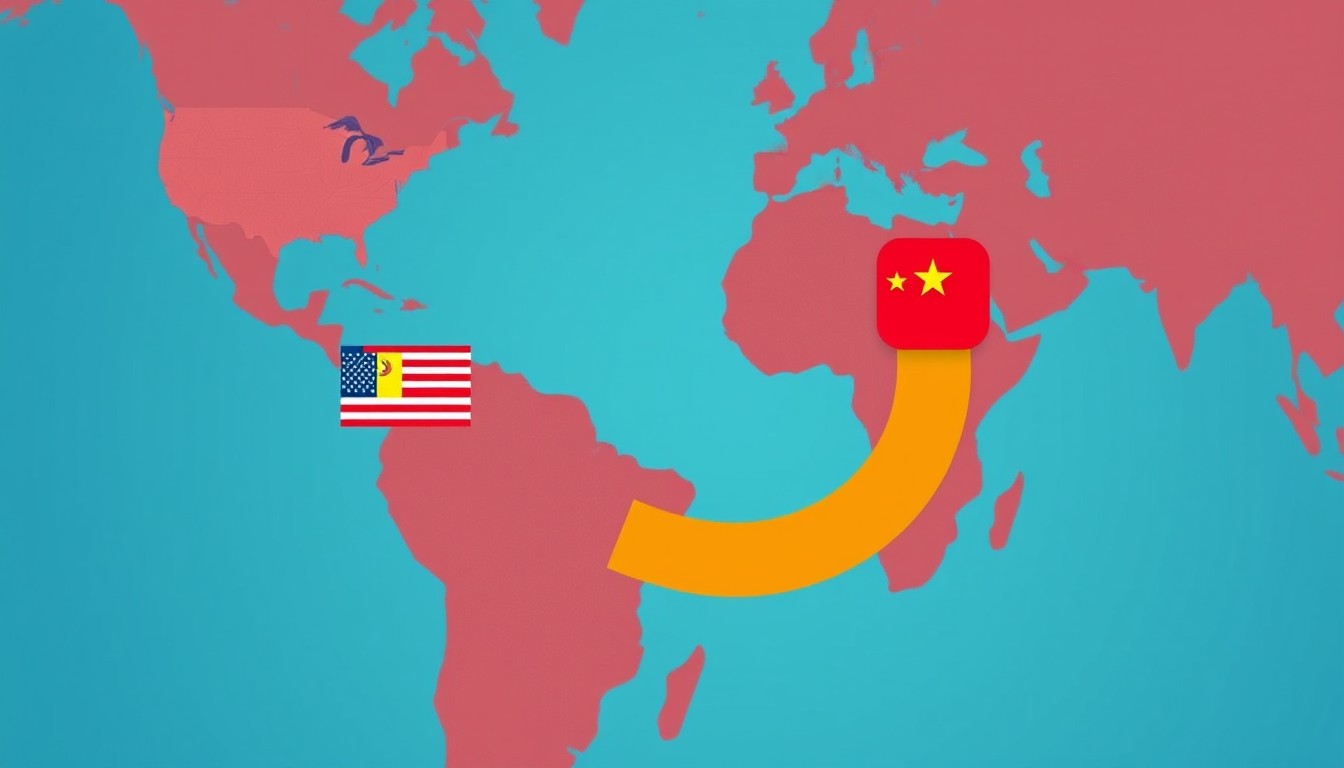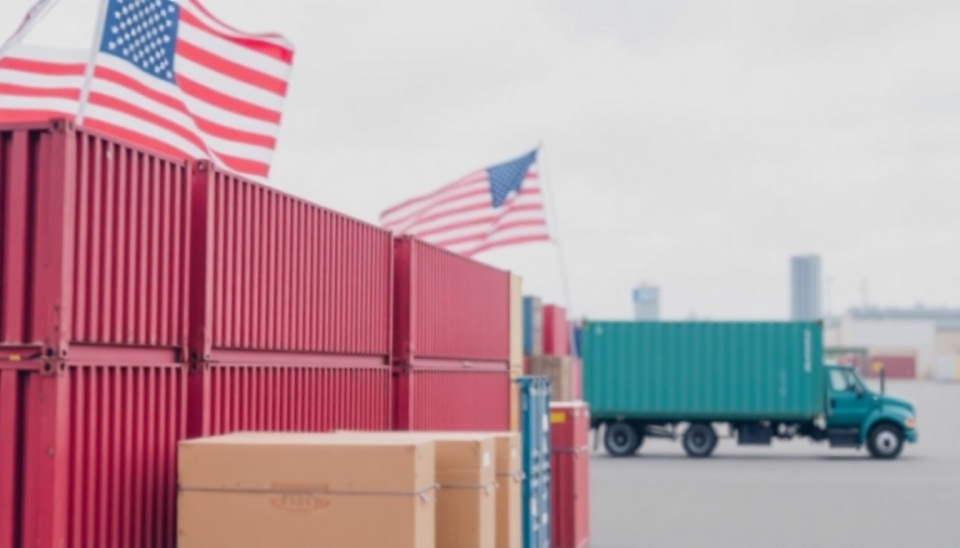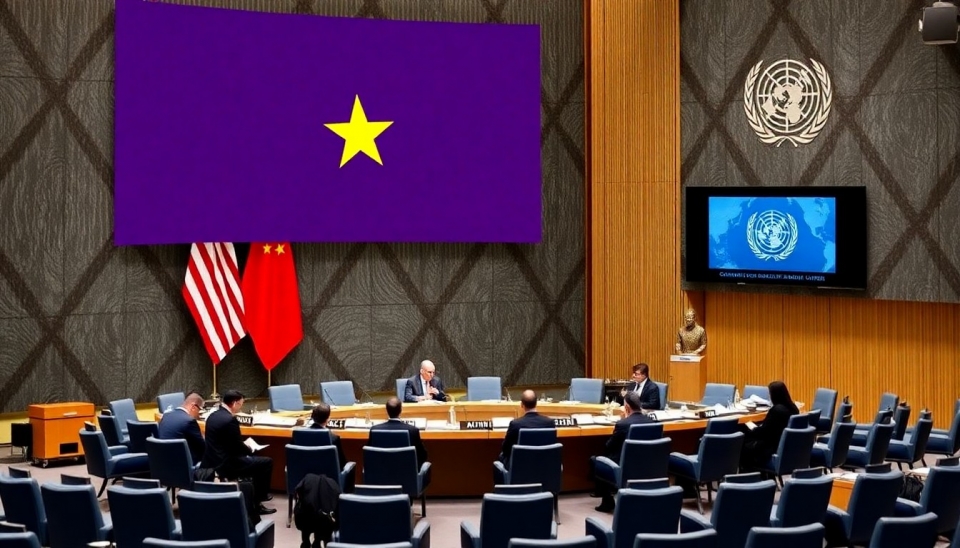New Directions in Global Supply Chains: The Role of the USA, China, and Africa

In recent months, the world has been facing significant changes in the structure of global supply chains. More countries are realizing the need to reduce dependence on China, especially regarding critical minerals. The USA, the European Union, and several other nations are forming alternative supply networks, with a focus on partnerships with African countries that have substantial reserves of these resources.
Among the key critical minerals that are currently in high demand are lithium, cobalt, and rare earth elements used in electronics and batteries for electric vehicles. To secure their economic interests, the USA is striving to establish stronger ties with African producers, which will also contribute to creating new jobs on the continent.
Existing global supply chains have shown their vulnerability during the pandemic and geopolitical conflicts, leading to the realization of the need for a more diversified approach. For example, plans to create new lithium processing plants in Africa demonstrate a commitment to developing local industry and reducing dependence on foreign supplies.
Of course, not all countries can easily adapt to these changes. Some nations may face difficulties in shifting to new partnerships, especially if they already have established ties with Chinese manufacturers. Nonetheless, the ultimate goal remains not only diversification but also strengthening corporate responsibility and sustainable development in the context of climate change.
Thus, further cooperation between the USA, Europe, and Africa opens new horizons in the field of extraction and processing of critical minerals, which, in turn, may offer long-term benefits for the global economy.
#Economy #NewTrends #USA #China #Africa #Minerals #Diversification




